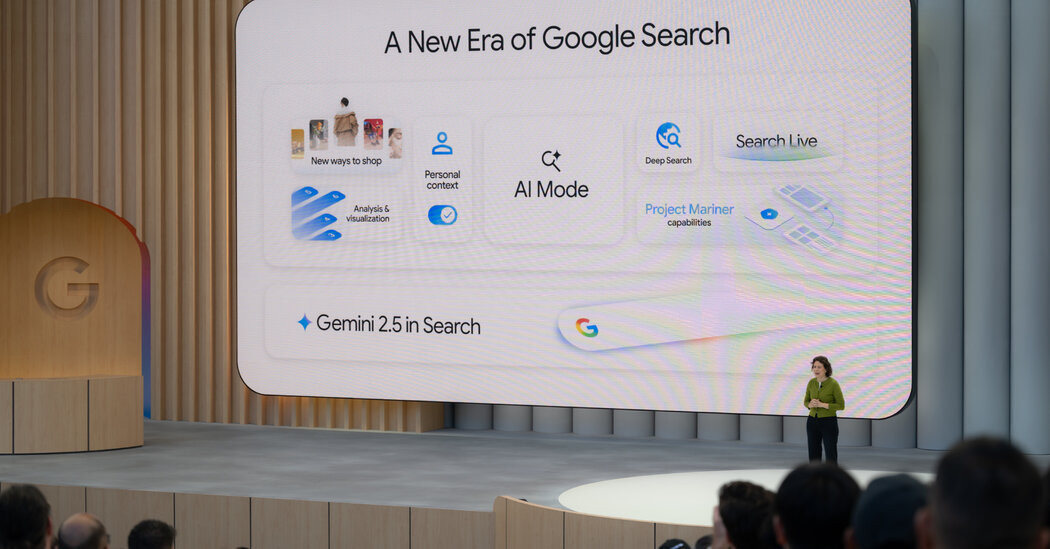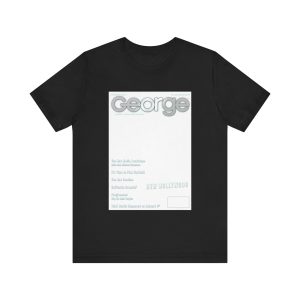

A judge queried lawyers during closing arguments on Friday about how A.I. should factor into his decision, which is expected by August.
Judge Amit P. Mehta has some tough decisions to make about Google.
That much was clear on Friday as the federal judge, who sits on the U.S. District Court in Washington, peppered lawyers for the Justice Department and the tech company with questions during closing arguments over how best to fix the company’s search monopoly. The conclusion of the three-week hearing means the decision will now be in the hands of the judge, who is expected to issue a ruling by August.
The government has asked the court to force Google to sell Chrome, its popular web browser, and share the data behind its search results with rivals, among other measures. The company has countered with a far narrower proposal.
Judge Mehta, who ruled last year that the company had broken antitrust laws to maintain its dominance in search, asked questions that tipped his hand on some of the issues with which he was grappling in an effort to restore competition. He prodded a Google lawyer on whether there was a middle ground between the two proposals.
“It’s just some of these questions are very hard,” Judge Mehta said during a long exchange with a Justice Department lawyer about how Google could be forced to share its data with competitors.
Judge Mehta’s ruling could reshape a company synonymous with online search at a pivotal moment. Google is in a fierce race with other tech companies, including Microsoft, Meta and the startup OpenAI, to convince consumers to use generative A.I. tools that can spit out humanlike answers to questions. Judge Mehta’s ruling could directly hamper Google’s efforts to develop its own A.I. or offer a leg up to its competitors as they race to build their own new versions of A.I.-powered search.
In addition, Judge Mehta’s decision will signal whether the government’s recent push to rein in the biggest tech companies through a series of antitrust lawsuits can result in significant changes to the way they do business.
![[GOOD PRESS] ON](https://georgemagazine.com/wp-content/uploads/2024/08/16389056566437433941_2048-300x300.jpeg)


